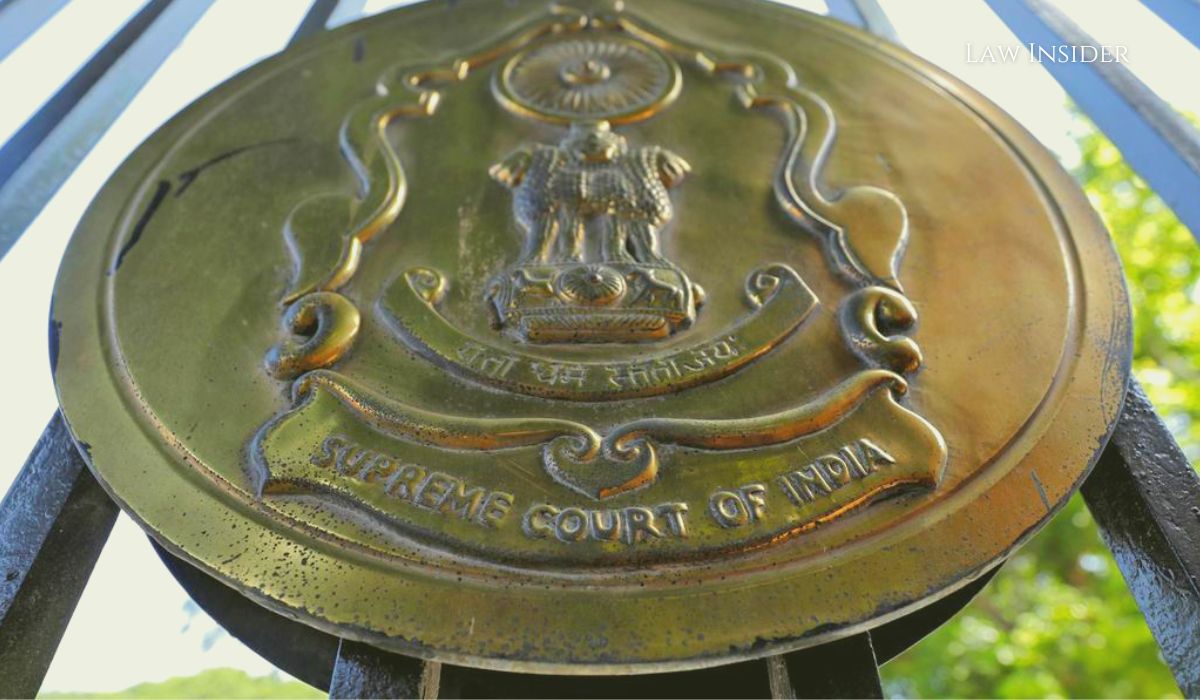Tanisha Rana
Published on: November 05, 2022 at 20:22 IST
The Supreme Court ordered on Friday that no coercive actions be taken against members of a Mumbai retailer’s association in relation to the execution of a rule requiring Marathi on shop signboards. [Federation of Retail Traders Welfare Association & Anr. vs. State of Maharashtra].
The petitioners were instructed to provide a list of their members who would be covered by the interim protection by a bench of Justices KM Joseph and Hrishikesh Roy.
The petitioners’ Senior Advocate, Gopal Sankaranarayanan, told the court that they would do that within a week.
Time was allowed to the parties in the case to submit their counter-affidavits.
The issue stems from the Maharashtra government amending Rule 35 of the Maharashtra Shops and Establishments (Regulation of Employment and Conditions of Service) Rules to mandate signboards in Marathi (written in Devanagiri script) for every shop.
The Maharashtra government received notice from the Supreme Court in July regarding the current appeal, which contests this government decision.
In its lawsuit, the Federation of Retail Traders Welfare Association sought to overturn a Bombay High Court ruling from February 23 that had upheld the State government’s mandate for Marathi signboards.
The petitioners had argued before the High Court that the Rules breached Part III of the Constitution because they restricted the right to free speech by requiring a signboard in Marathi for any business with more than 10 employees.
The argument was that the government cannot tell its people what language a signboard must be in.
However, the High Court Bench of Justices Gautam Patel and Madhav Jamdar upheld the Rule, highlighting in its ruling that using other languages on display boards was not forbidden and that the rule just needed the name to be given in Marathi.
The Rule, according to Justice Jamdar, is for the convenience of Maharashtra’s general people, whose mother tongue is Marathi.
Advocate Mohini Priya argued before the Supreme Court that by enacting this restriction, the government went beyond the scope of its granted legislative authority.
Although the Maharashtra Shops and Establishments Rules are a helpful piece of legislation that regulates employment and service conditions, it has been argued that the Marathi rule has no logical connection to it and has placed a significant financial burden on merchants.
The petitioners have allegedly been “victims of the abuse of process of law committed by the respondents” as a result of the High Court ruling.
Relevantly, the argument in the petition was that the High Court’s decision ignores Mumbai’s multiculturalism and permits residents who are involved in private business to have their fundamental rights “usurped under the guise of public purpose and the ease of doing business.”
Along with this petition, the same petitioner has also submitted another argument arguing that the relevant rules and changes are unlawful.
The next hearing for both pleas is scheduled for November 18.

